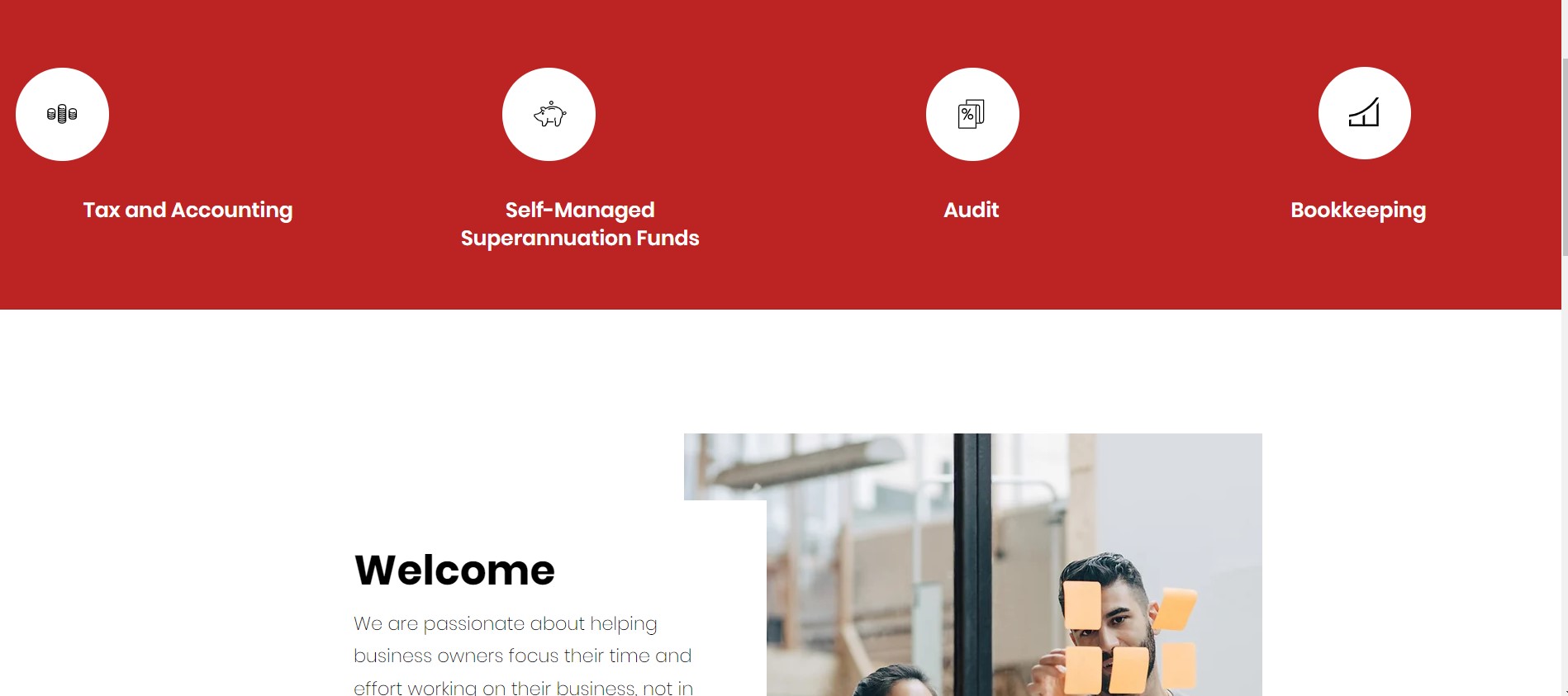In the rapidly evolving business landscape, efficiency and precision are more crucial than ever. As digital technologies transform industries, the accounting profession is not left behind. One of the most impactful developments in the field is the emergence of streamlined accountants. These professionals leverage technology to optimize and simplify financial processes, making accounting faster, more accurate, and incredibly efficient. In this article, we explore the role of streamlined accountants and how they are revolutionizing the world of financial management.
Who Are Streamlined Accountants?
Streamlined accountants are professionals who use advanced technologies and innovative practices to enhance the efficiency and accuracy of accounting processes. They focus on automating routine tasks, reducing manual errors, and providing real-time financial insights, allowing businesses to make informed decisions swiftly. This approach transforms traditional accounting, where laborious and time-consuming processes often hinder productivity.
The Key Components of Streamlined Accounting
To understand the impact of streamlined accountants. It’s essential to delve into the key components that define this modern approach:
Automation:
- Automation is at the heart of streamlined accounting. Using software tools like QuickBooks, Xero, and Sage, streamlined accountants automate tasks such as data entry, invoicing, payroll processing, and tax calculations. This reduces human error and speeds up processes significantly.
Cloud Computing:
- Cloud-based accounting systems allow streamlined accountants to access financial data from anywhere. This real-time access ensures that businesses always have up-to-date financial information, crucial for making quick, informed decisions.
AI and Machine Learning:
- Artificial intelligence (AI) and machine learning algorithms help identify patterns, predict trends, and detect anomalies in financial data. Streamlined accountants use these insights to provide more accurate forecasts and tailored financial advice.
Data Analytics:
- Advanced data analytics tools enable streamlined accountants to quickly analyze large volumes of financial data. This helps identify inefficiencies, optimize resource allocation, and improve financial strategies.
Integration of Financial Systems:
- Integrating various financial systems, such as accounting, banking, and inventory management, into a cohesive platform allows for seamless data flow and ensures all financial aspects of a business are synchronized.
Benefits of Having Streamlined Accountants
Efficiency and Productivity:
- By automating repetitive tasks and leveraging advanced technology, streamlined accountants free up time for strategic activities. This increased efficiency boosts overall productivity and allows businesses to focus on growth and innovation.
Accuracy:
- Automation and advanced analytics significantly reduce the risk of human error. Streamlined accountants ensure that financial records are precise and reliable, which is essential for compliance and making sound business decisions.
Cost Savings:
- Streamlined processes often reduce operational costs. By automating tasks, businesses can save on labor costs and minimize the expenses associated with manual errors and corrections.
Real-Time Insights:
- With access to real-time financial data, businesses can make timely decisions that positively impact their bottom line. Streamlined accountants provide valuable insights and forecasts that help in proactive financial planning.
Scalability:
- As businesses grow, their accounting needs become more complex. Streamlined accounting systems are scalable, allowing companies to manage increased transactions and financial activities without compromising efficiency.
The Role of Streamlined Accountants in Business Growth
Streamlined accountants do more than manage books; they are strategic partners who contribute to business growth in several ways:
Strategic Financial Planning:
- Streamlined accountants use data-driven insights to help businesses develop robust financial plans. They identify cost savings, revenue growth, and investment opportunities and guide enterprises toward sustainable development.
Enhanced Compliance:
- It is challenging to keep up with regulatory changes and compliance requirements. Streamlined accountants ensure businesses stay compliant by automating regulatory reporting and maintaining up-to-date financial records.
Risk Management:
- By analyzing financial data and identifying potential risks, streamlined accountants help businesses mitigate financial risks. This proactive approach safeguards the business from unforeseen financial challenges.
Implementing Streamlined Accounting in Your Business
Transitioning to streamlined accounting involves several steps:
Assess Current Processes:
- Evaluate your current accounting processes to identify areas that can benefit from automation and optimization.
Choose the Right Tools:
- Select accounting software and tools that fit your business needs. Consider factors such as scalability, ease of use, and integration capabilities.
Train Your Team:
- Ensure your accounting staff is trained to use the new tools and systems effectively. Continuous training and development are crucial for maximizing the benefits of streamlined accounting.
Implement Gradually:
- To minimize disruptions, gradually transition to streamlined accounting. Start by automating simple tasks, then gradually move to more complex processes.
Monitor and Adjust:
- Continuously monitor the performance of your new accounting processes and make adjustments as needed. Review financial data regularly to ensure accuracy and efficiency.
Conclusion
The advent of streamlined accountants https://www.streamlinedaccountants.com.au/ marks a significant evolution in the accounting profession. By leveraging automation, cloud computing, AI, and data analytics, these professionals transform financial management into a more efficient, accurate, and strategic function. Businesses adopting streamlined accounting practices benefit from increased productivity, cost savings, and better decision-making capabilities. As technology advances, the role of streamlined accountants will become even more integral to business success, offering a glimpse into the future of financial management.
